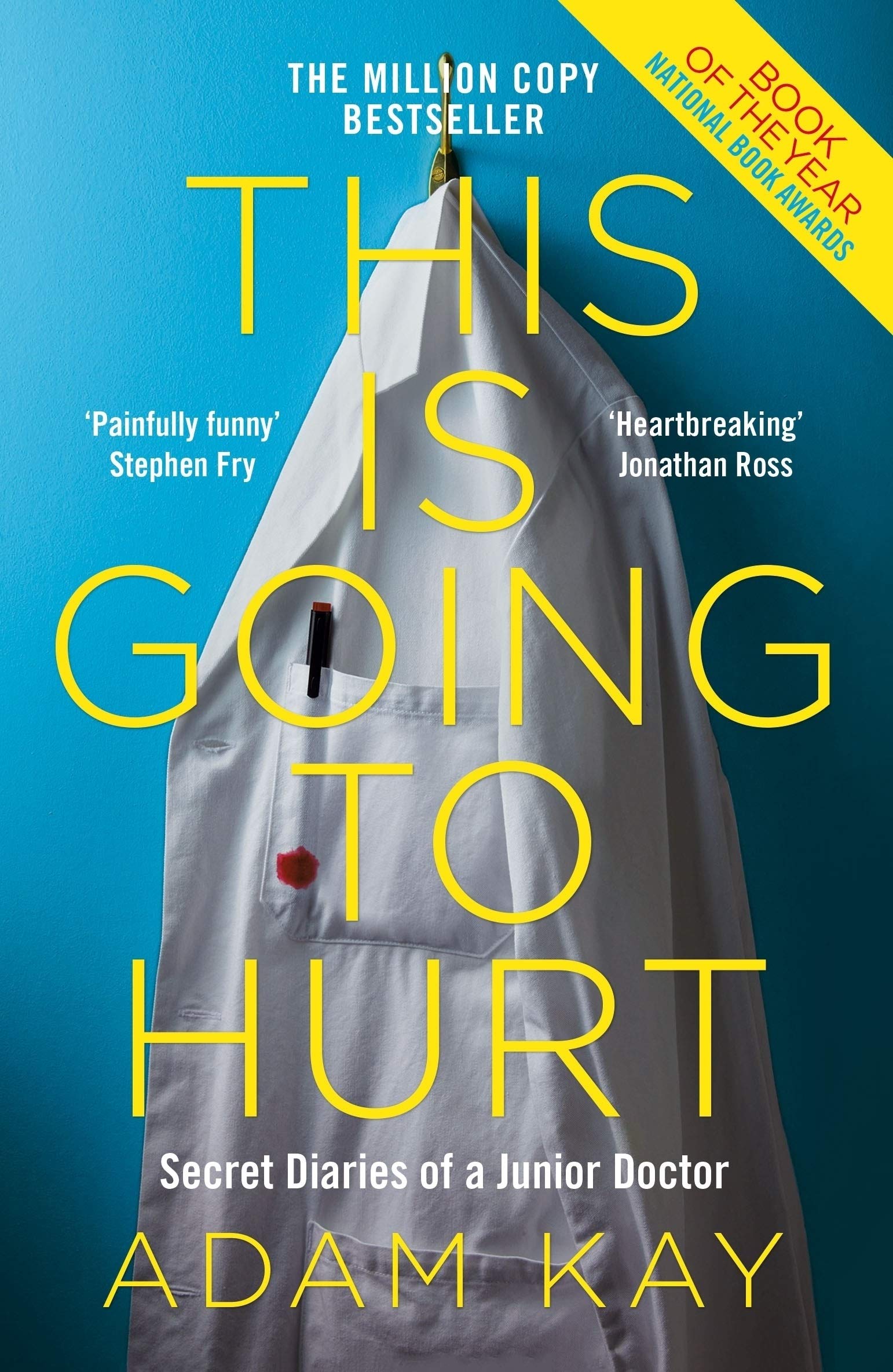1. Life at the extremes – Frances Ashcroft

This is a great book for those who are looking for a more scientific based book but one that is still engaging and answers so many interesting questions.
Ever wondered what happens to our bodies in extreme heat, cold, depth, speed or altitude? This book is all about the limits of human survival and the physiological adaptations which enable us to exist under extreme conditions. For example, what causes mountain sickness? Why do divers get the bends but sperm whales don’t? Why do we get frostbite and penguins don’t? And so much more.
Written in a very accessible way this book I would recommend this book especially for potential oxbridge applicants.
If you now immerse yourself in the sea up to your neck, this effect is counteracted by the external pressure of the water so that about half a litre of blood shifts upwards from the legs to the chest, distending the great veins….One consequence of the stretching atrial wall is that it alters the level of two hormones that influence uptake of water by the kidney, and thereby stimulates urine production. This explains why you so often need to pee just after entering the water.
Aside from that rather humorous example, the book grapples with more serious questions such as what happens to us when we lack water or travel to an extremely hot climate.
2. Being Mortal- Atul Gawande

A poignant read all about our changing attitudes towards ageing and end of life care. Along with new research he combines stories of his family and friends Gawande highlights flaws in the systems that simply have become the default for the elderly. It is all about prioritising what is most important to individuals and focusing on a ‘good life’ rather than a good death-, all the way to the very end.
3. The Man Who Mistook His Wife For A Hat and Other Clinical Tales – Oliver Sacks

For those of you interested in neuroscience and psychology, this book is for you. Written by a neurologist that has compiled numerous cases relating to brain issues but combined with it a human element. This book doesn’t simply focus on the scientific aspects but entwines the lives of these people into it too, emphasising the holistic nature of medicine.
4. Somebody I used to know – Wendy Mitchell

Wendy Mitchell writes this memoir about the realities of having dementia even before a diagnosis. It was something I wanted to read during my time volunteering at a dementia care home and many of the sentiments in the book were mirrored in those that I knew at the care home too. The book tackles thought-provoking topics such as the language we use around those with dementia as well as euthanasia.
She says:
“That’s what Alzheimer’s does: it’s a thief in the night, stealing precious pictures from our lives while we sleep.”
Touches on the importance of empowering patients- even those with a progressive illness. On a memory test the doctor says:
‘You’re a little worse than last time’ … despite the fact I know i have a progressive illness, I feel my heart sink inside my chest….I might have felt less helpless if he’d said “This time you scored twenty-six; it seems your coordination was the problem. What can we do to help with that?” Just leaving out the negative word ‘worse’ would give me hope.. and give me confidence in the bits that are still working well’
‘Living with dementia, not suffering with dementia’
5. This Is Going to Hurt- Adam Kay

Many of you have probably heard of this book- a collection of hilarious, worrying and amusing anecdotes about Kay’s time working as a junior doctor. This book highlights the pressure and demands on doctors and provides a laid bare, honest and realistic view of a career in medicine. A must read for anyone applying to medicine.
6. The Rise and Fall of Modern Medicine

Another more scientific book but this time it’s all about the major medical discoveries in the post war era including the discovery of antibiotics, treatment of polio, transplant surgery, test-tube babies and so much more. It also explores the somewhat halting of this advancement in recent decades, hence the ‘fall’. I enjoyed learning more background about all these discoveries and was surprised to see how so many of the greatest drug discoveries have been simply a result of great observations and a whole lot of luck. The serendipitous discovery of penicillin to the iron lung that was used to treat polio that led to the development of ventilators and eventually the birth of extensive care.
The most striking impression of the twelve definitive moments is how little they have in common. The paths to scientific discovery are so diverse and depends so much on luck and serendipity that any generalisation necessarily appears suspect.
Other recommendations:
Above are just some of the books that I have enjoyed, but there are so many other great ones out there- below are some books that I have heard good things about and that many of my friends have enjoyed too. You by no means need to read 10 different books before applying to medical school, maybe pick a couple that you think you’d like and they might even prompt you do some more research or perhaps mention a book that resonated with you in your personal statement.
- War Doctor – David Nott
- When Breath Becomes Air- Paul Kalanithi
- The Immortal Life of Henrietta Lacks- Rebecca Skloot
- How we die- Sherwin B. Nuland
- The Children Act – Ian McEwan
- Breaking and Mending: A doctor’s story of burnout and recovery – Joanna Cannon
Some more scientific ones (especially for oxbridge applicants)
- Nature via Nurtue- Matt Ridley
- The Epigentics Evolution – Nessa Carey
- Gut – Guilia Enders
- Bad Science -Ben Goldacre